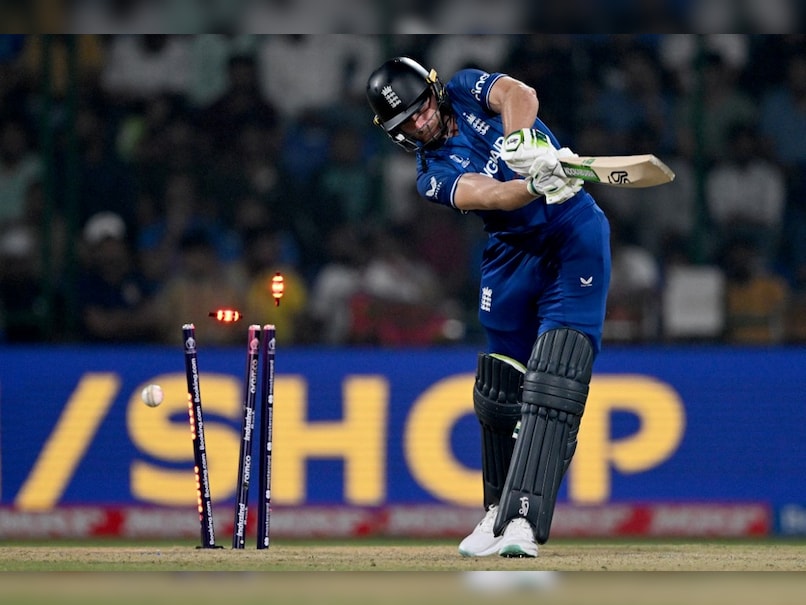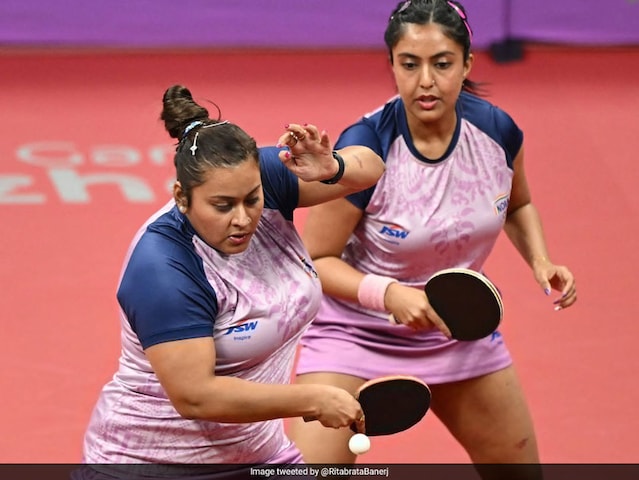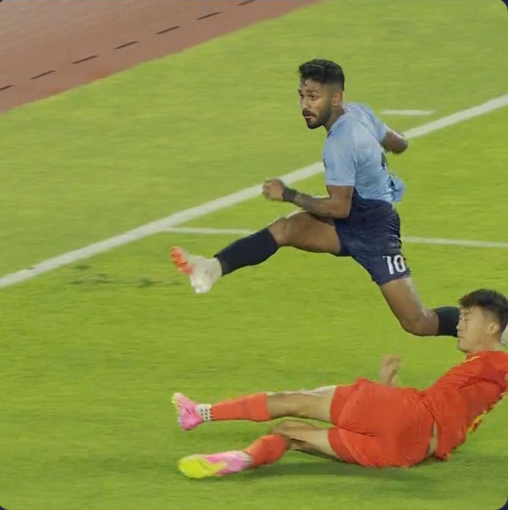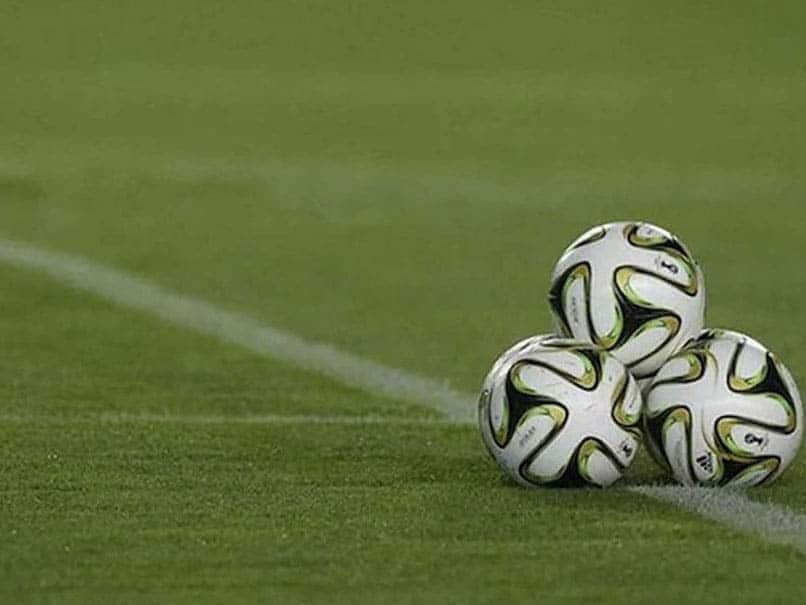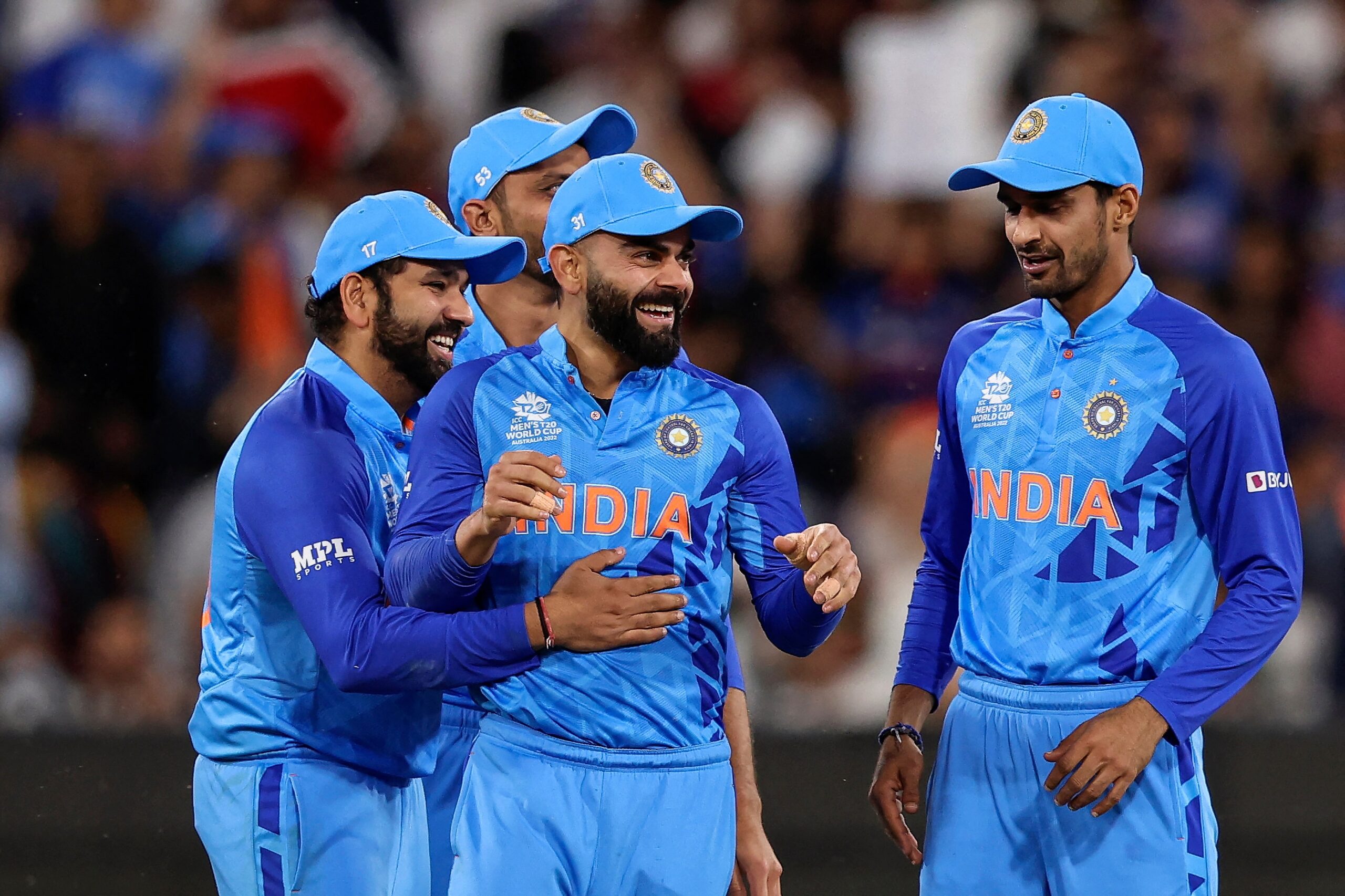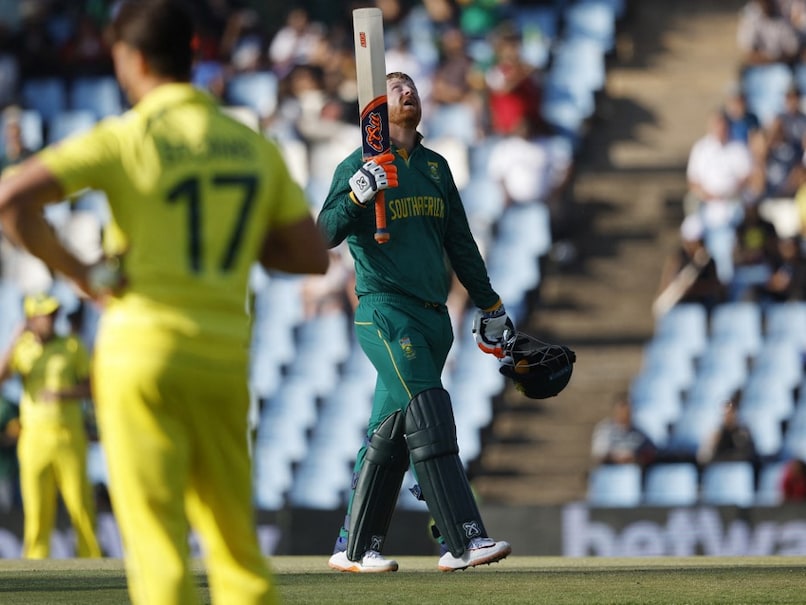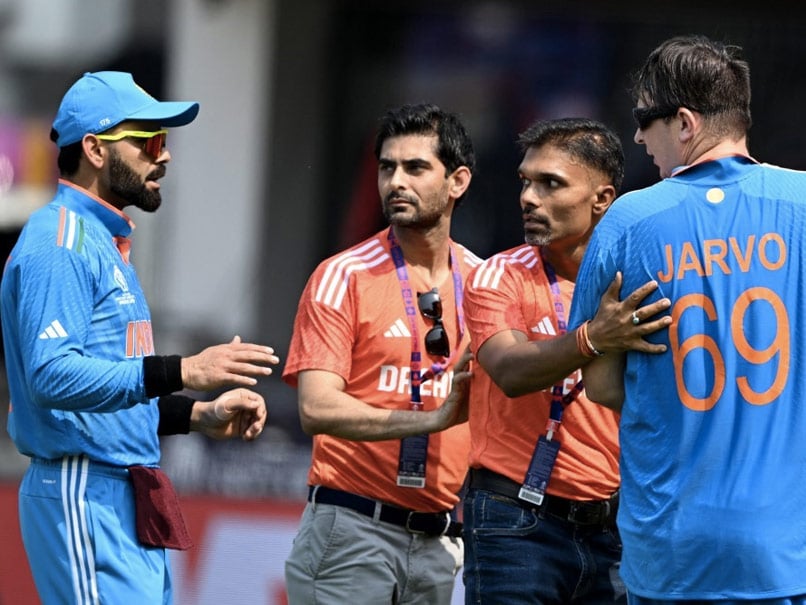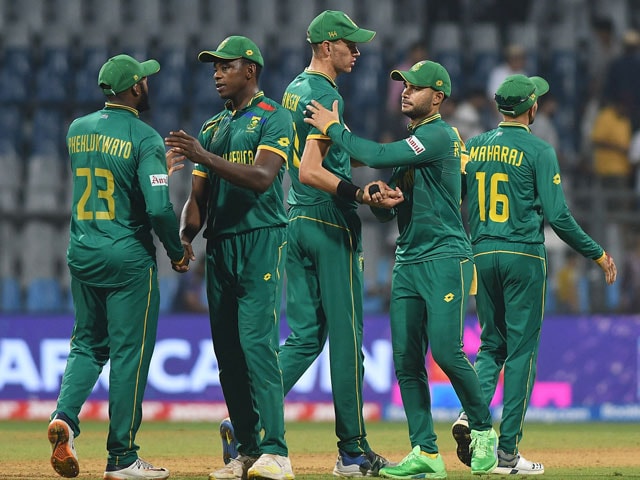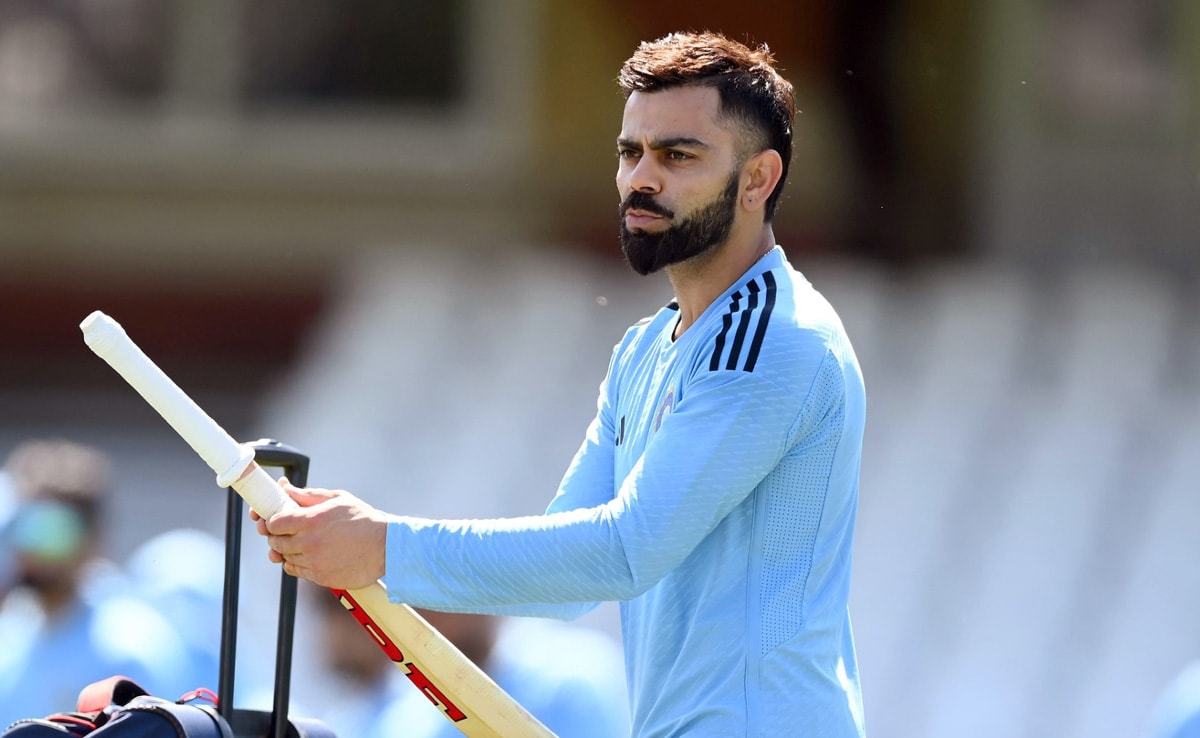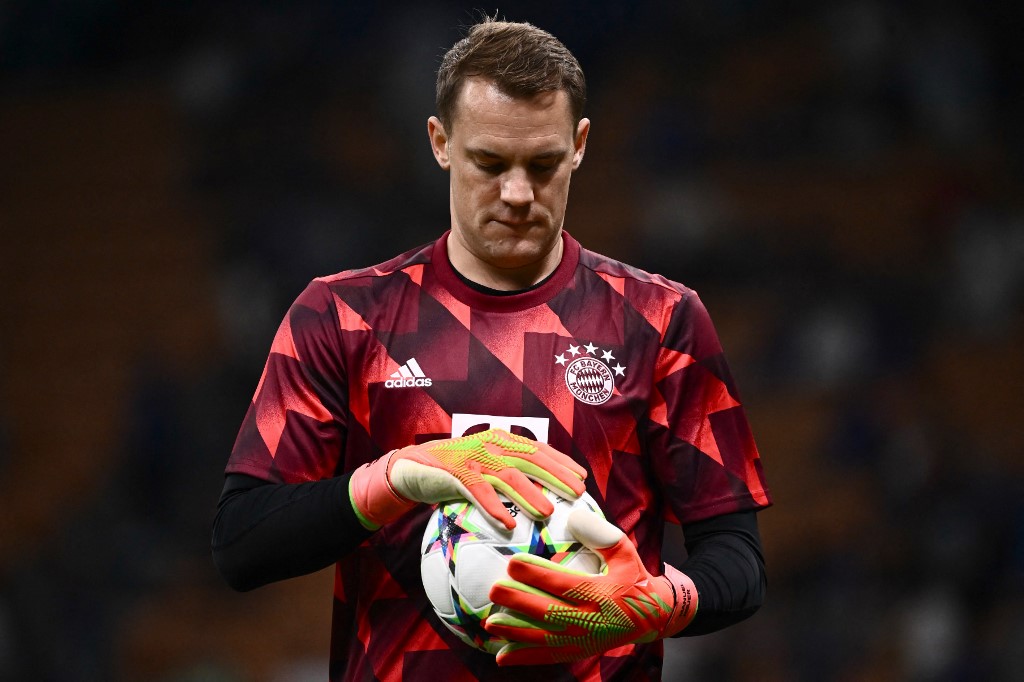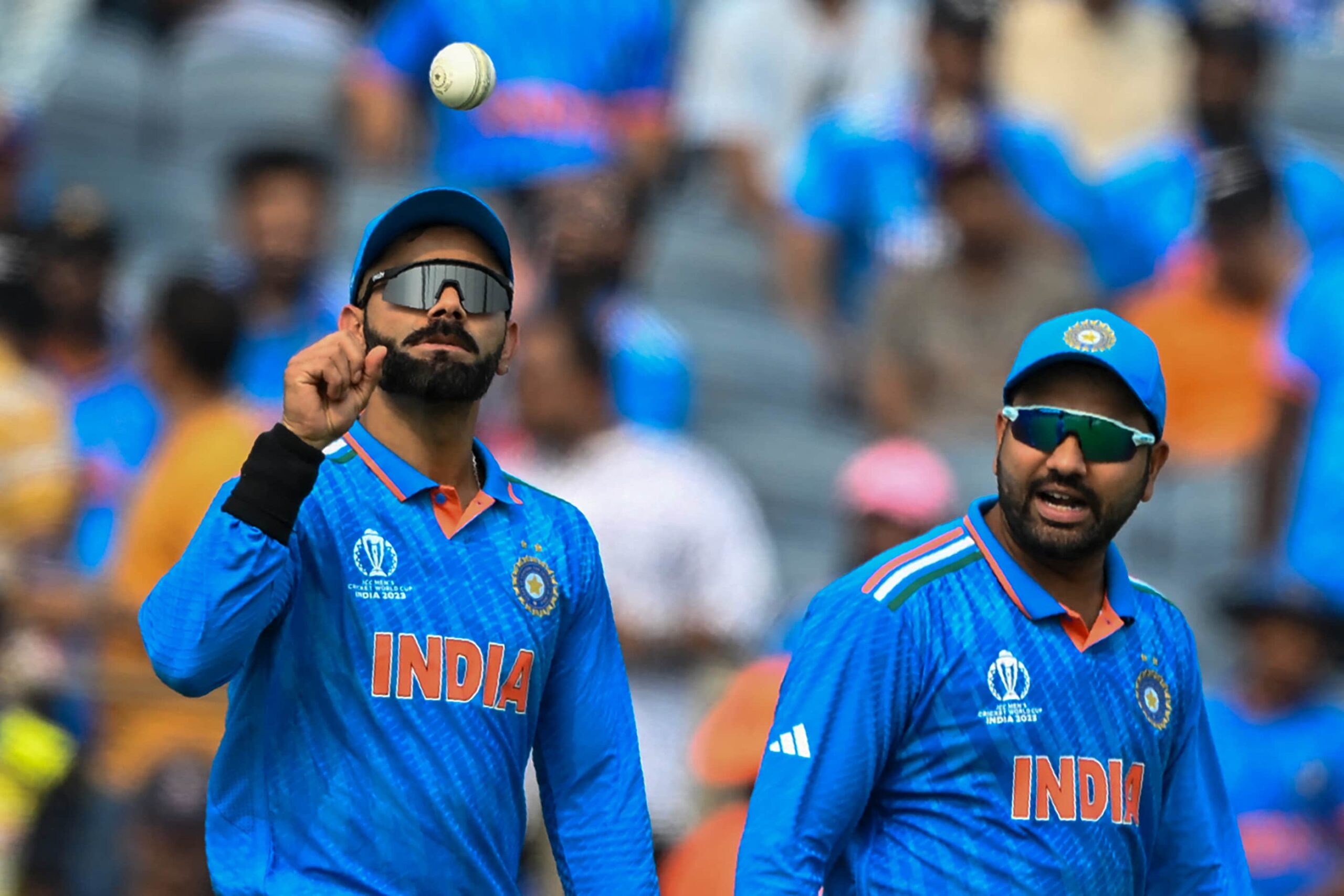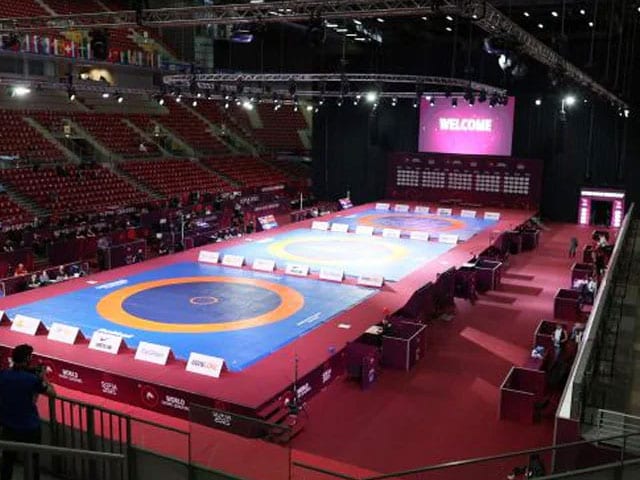The United Nations committee responsible for combating racism “raised a red flag” over Italian football in its latest findings published on Thursday. The Committee on the Elimination of Racial Discrimination (CERD) raised concerns about economic or social issues in six countries including Croatia, Namibia, Senegal, Turkmenistan and Uruguay as well as Italy, where it singled out football. Racist abuse aimed at players of African descent, or from Eastern Europe, in Serie A attracted international attention in April with a one-match ban for Romelu Lukaku.
The striker received a second yellow card for celebrating a late equaliser for Inter Milan in an Italian Cup semi-final by turning to Juventus fans, who had been abusing him racially, and holding a finger to his lips.
After his initial one-match ban sparked an angry backlash, Italian football authorities pardoned the Belgian.
CERD said in its statement that as far as Italy was concerned it “was alarmed by politicians and high-level government officials using hate speech and racist political discourse against ethnic minorities particularly Roma, Sinti and Camminanti, Africans and people of African descent.”
“The Committee also raised a red flag at racist acts during sports events, including physical and verbal attacks against athletes of African descent,” the statement continued.
“It asked Italy to investigate all racist abuses in sports and sanction those responsible.”
One of the members of the committee, Regine Esseneme, of Cameroon, urged Italy to “pay particular attention to these cases, which are becoming recurrent against black people and people of African descent, particularly in the context of football, so that the national legislation…is effectively applied, prosecutions are initiated and the perpetrators found guilty are punished.”
Racist abuse by football fans has been an issue in several countries in recent months with the repeated invective aimed at Real Madrid’s Brazilian striker Vinicius Junior in Spain another high-profile case.
Topics mentioned in this article


